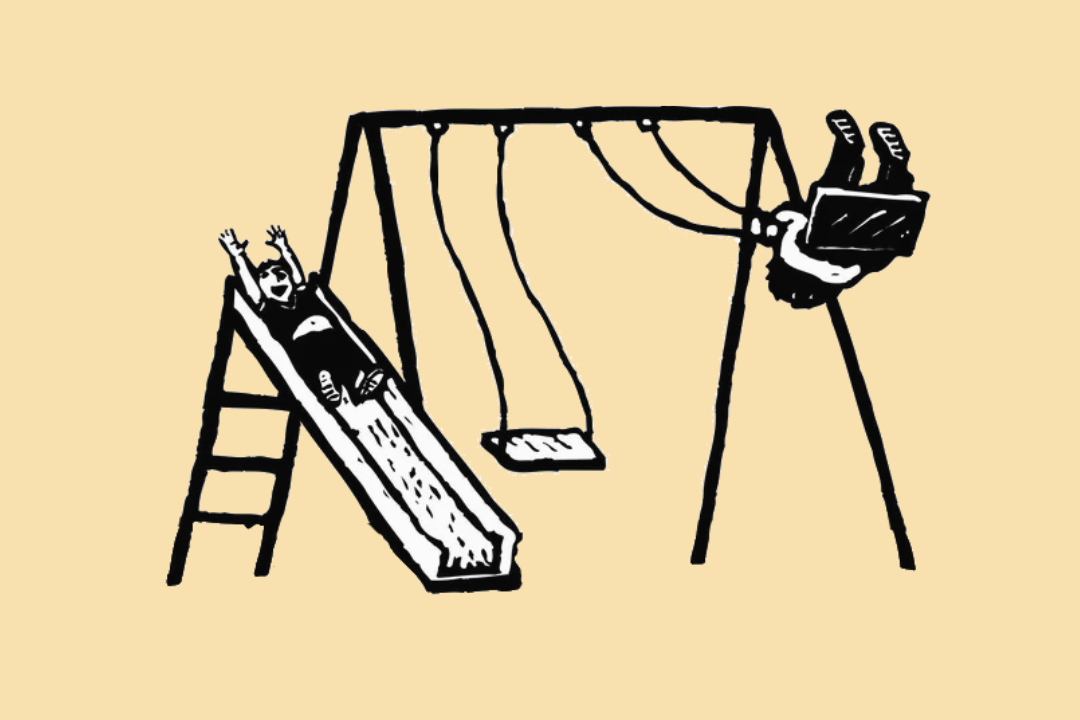
Can't Wrap Them In Cotton Wool |Finding Balance When Sheltering Children|
Share
One of my first internships was as a teaching assistant for special needs children. These kids were 5 years old and had an average of four to five break times during their day (as they most certainly should!)
Lucky them, right? Although I honestly can’t say the same thing about my very first week there. Every time it was time for a break, I would feel concerned and jittery because someone would end up falling, crying, getting pushed or shoved. By the end of the day, it felt like almost all of them were a little injured in some way or the other. They had scraped elbows and knees and some even had bite marks.
I would try to supervise and act as a bodyguard to the best of my ability, but I would feel immensely outnumbered. Meanwhile, the (more) senior teachers would just stand in the corner chatting amongst themselves. During playtime, they would engage with the kids only when someone came up to them or intervene when they thought someone could be seriously injured. Looking at how frazzled I was, one of them came up to me and said ‘You can’t wrap them in cotton wool’.
Frankly speaking, I heard that but did not quite understand it. To be very honest, I actually did feel like wrapping them up in bubble wrap so they would never get hurt. Now, as a therapist, I realise that would probably have done them more harm than good.
I now see the school playground as training ground life. It is filled with experiences that act as a catalyst for growth, change and development. Growth can not happen in a vacuum. There are fewer rules in the playground and a lot more autonomy. I will tweak a popular saying here and say that with great freedom comes great power. The kids get a taste of power and free will how they would like to exercise it. They get an opportunity to explore and to take risks. The playground teaches them to befriend, to respond whenever they are challenged, to take care and stand up for themselves, to be resilient, to make decisions, to calm their fear(s) and other such incredibly important skills that help them navigate life. So those who are wrapped in cotton wool don’t get the opportunity to develop these very same skills.
As adults, it is these skills that help us manoeuvre through new and uncertain experiences. You might see a friend freaking out over a thing that seems relatively easy to you. Hear me out, their freak out is valid. It might simply be that they might have not experienced that before and it is the nature of a new experience to bring nerves along with it (but that might not necessarily be a bad thing). We need to be able to calm the fear in order to generalise what we have learned from the past and see what we need to do differently to cope with the new experience.
Being overbearingly protective of the actions, feelings and thoughts of our loved ones actually ends up robbing them of experiences. We might become unintentional enablers of perceived helplessness. It is important to balance our protectiveness especially in this era of wokeism. While building a kinder world is the aim, it is necessary to remember that our species is not a part of a hive mind and there are going to be differences, contradictions and sometimes, there might even be hostile rejection of one's basic beliefs.
Think about it, in 2022 the world can’t even seem to agree on what basic human rights are. Therefore, along with being kind, it is valuable to know how to deal with these differences, which could be hard to learn if we are shielded from experiencing the good and the bad.
